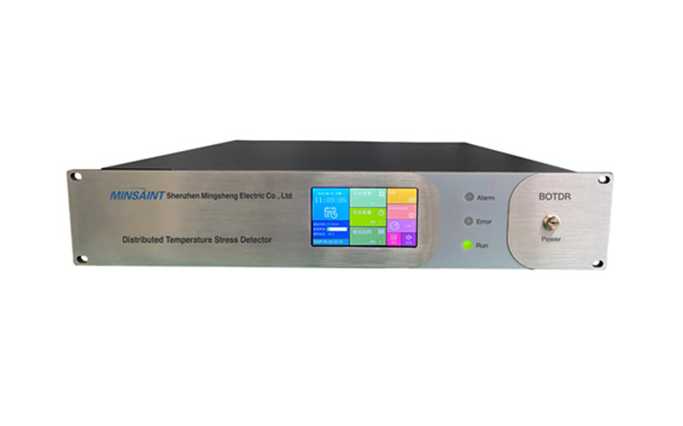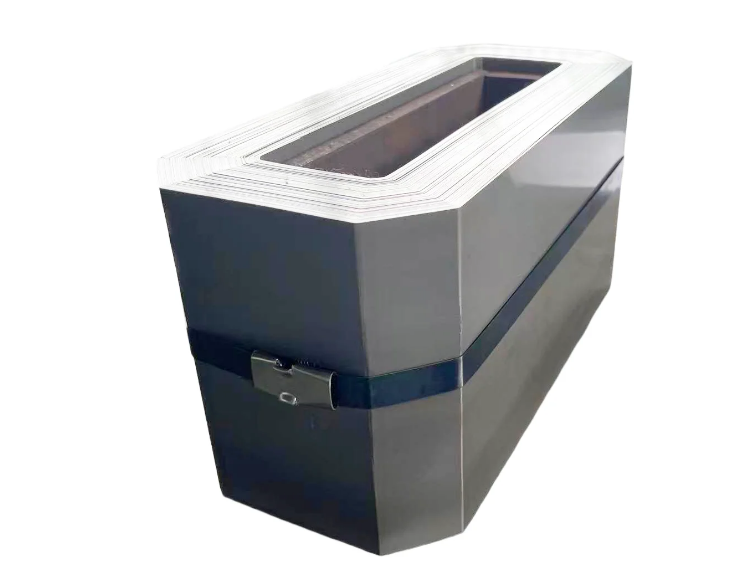As the leaves begin to fall and the outdoor chores pile up, the debate between gas and battery leaf blowers becomes increasingly relevant for homeowners and landscaping professionals alike. Both options have their merits, but which is truly better for your specific needs? In this article, we will delve into the intricacies of gas and battery leaf blowers, comparing their performance, convenience, environmental impact, and cost-effectiveness to help you make an informed decision.
Performance: Power and Efficiency
When it comes to raw power, gas leaf blowers typically reign supreme. Equipped with two-stroke or four-stroke engines, these machines can generate higher airspeeds and airflow rates, making them particularly effective for heavy-duty tasks such as clearing wet leaves, debris, and even small branches. For larger properties or commercial landscaping, the robust performance of gas blowers can significantly reduce the time and effort required to maintain a clean yard.
On the other hand, battery leaf blowers have made significant strides in performance over the past few years. Advances in battery technology, particularly lithium-ion batteries, have allowed these tools to deliver impressive power levels. While they may not match the sheer output of gas models, many high-end battery blowers can handle typical residential tasks with ease. For light to moderate leaf clearing, a battery blower can be a suitable alternative, especially in smaller yards.
Convenience: Weight and Ease of Use
One of the most significant advantages of battery leaf blowers is their lightweight design and ease of use. Without the need for fuel mixing or engine maintenance, battery blowers are often more user-friendly, especially for those who may not be familiar with gas-powered equipment. They are also quieter, making them more suitable for residential areas where noise restrictions may apply.
Gas blowers, while powerful, can be cumbersome. They tend to be heavier due to the engine and fuel tank, which can lead to fatigue during extended use. Additionally, the need for regular maintenance—such as oil changes, air filter replacements, and spark plug checks—can be a deterrent for some users.
Environmental Impact: Emissions and Noise Pollution
In today’s eco-conscious world, the environmental impact of our tools is a significant consideration. Gas leaf blowers emit harmful pollutants and greenhouse gases, contributing to air quality issues and climate change. Many regions are implementing stricter regulations on gas-powered equipment due to these concerns, leading to a growing trend toward battery-powered alternatives.
Battery leaf blowers, in contrast, produce zero emissions during operation. They are also quieter, reducing noise pollution and making them more neighborhood-friendly. For environmentally conscious consumers, the choice is clear: battery blowers align better with sustainable practices.
Cost-Effectiveness: Initial Investment vs. Long-Term Savings
When evaluating cost, it’s essential to consider both the initial investment and long-term expenses. Gas leaf blowers generally have a lower upfront cost compared to high-end battery models. However, the ongoing costs of fuel, oil, and maintenance can add up over time.
Battery leaf blowers, while often more expensive initially, can lead to savings in the long run. With no fuel costs and minimal maintenance requirements, the total cost of ownership may be lower than that of gas models. Additionally, many manufacturers offer warranties and customer support for battery products, further enhancing their value proposition.
Conclusion: Making the Right Choice for Your Needs
Ultimately, the decision between a gas or battery leaf blower depends on your specific needs and circumstances. If you have a large property, require high power for heavy-duty tasks, and don’t mind the maintenance, a gas leaf blower may be the best choice. Conversely, if you prioritize ease of use, environmental considerations, and have a smaller yard, a battery leaf blower could be the ideal solution.





